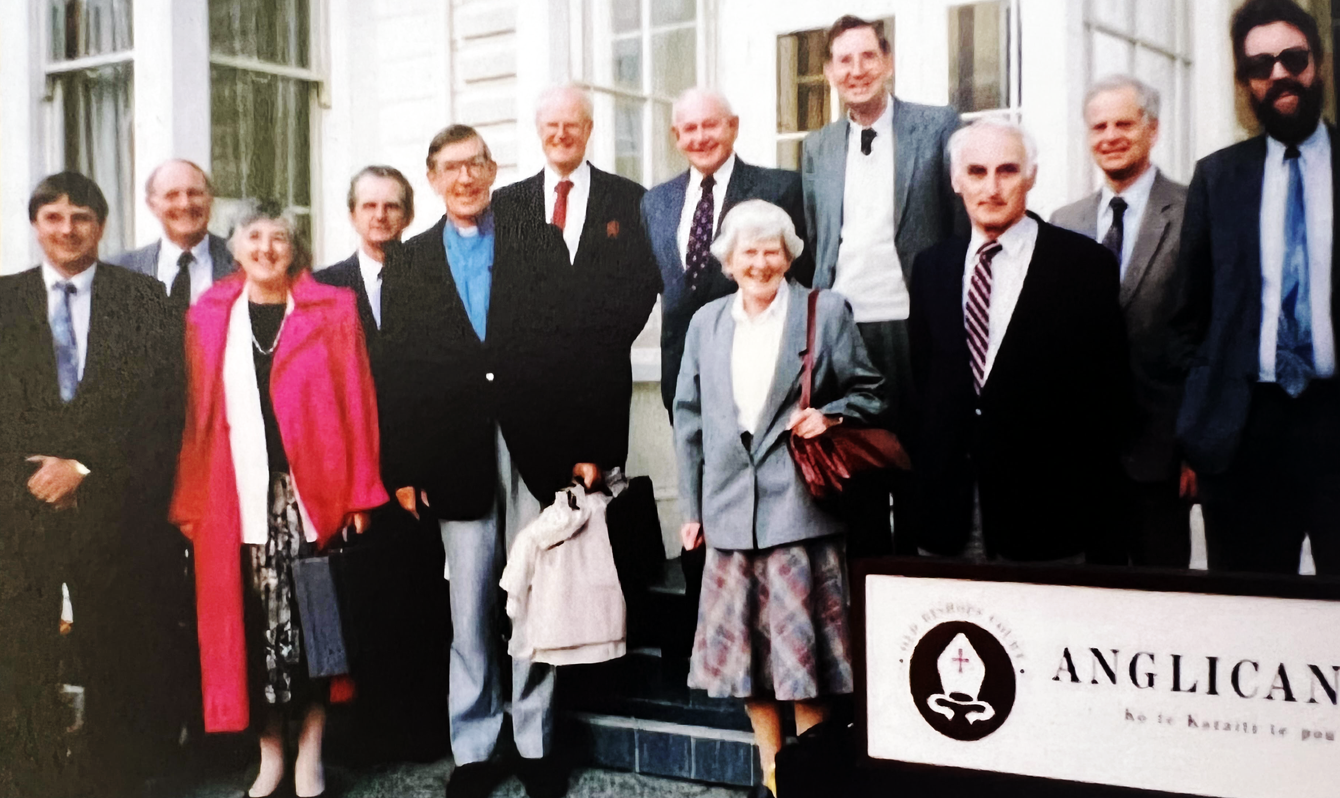
Investing ethically since 1972
A KiwiSaver Scheme that invests ethically is important to many Kiwis. Christian KiwiSaver Scheme (CKS) has always had an ethical approach to its investments and is always seeking to participate in the good God is doing in the world.
In a recent survey, Consumer found that ethical investing is important to a large proportion of their respondents, “our survey found 45% said they wanted a fund that provides a good return and invests responsibly – both were equally important.” (Birdsey, 2022)
CKS has followed a robust ethical investing approach since its establishment in 2007 (shortly after the Government introduced KiwiSaver). Our ethical investing approach is at the heart of our investment activity, but did you know that our approach has existed since long before KiwiSaver was even created in Aotearoa?
Anglican Financial Care (AFC), the fund manager of CKS, has invested ethically since its inception in 1972 – that’s 50 years of investing with an ethical approach. In a sense, AFC boldly pioneered ethical investing in Aotearoa New Zealand long before other KiwiSaver Schemes. Other fund managers only started ethical investing in recent years.
As an overview, here are the sectors which our Ethical Investment Policy addresses:
- Alcohol
- Animal Welfare
- Armaments and defence
- Fossil fuels
- Gambling
- Pornography
- Tobacco
To read more about our thoughtful approach to ethical investing please read our Ethical Investment Policy here.
We believe God is active in restoring the world and it is important for us to express this by way of investing ethically, while being responsible with your finances.
“And whatever you do, whether in word or deed, do it all in the name of the Lord Jesus, giving thanks to God the Father through him.”
Colossians 3:17 (NIV)
Notes
Birdsey, N. (2022, June 8). KiwiSaver satisfaction survey 2022. Consumer. Retrieved from https://www.consumer.org.nz









